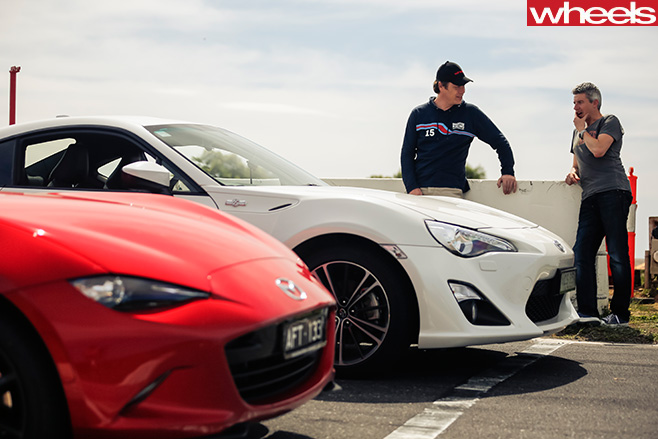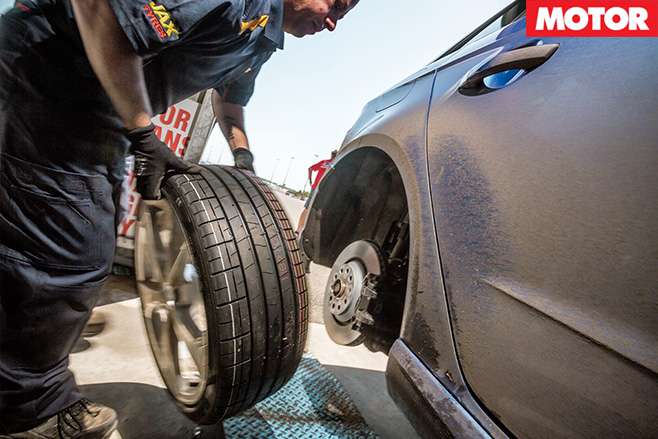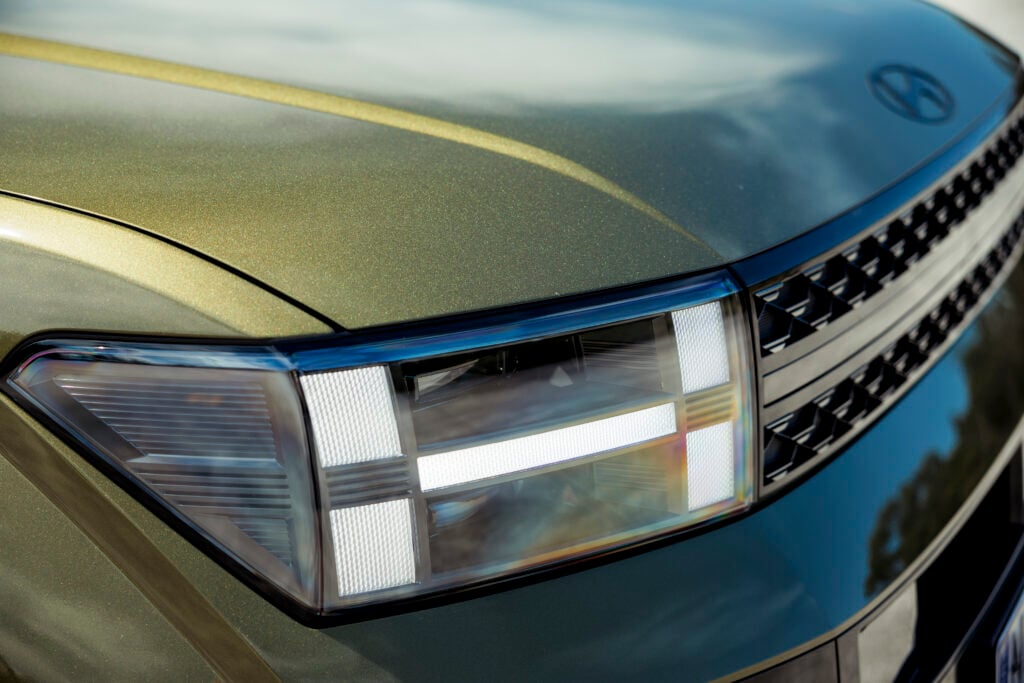How would you like to earn an easy hundred grand? Simply subscribe to my newsletter and I’ll show you how! Alternatively, just buy a Ferrari 550 Maranello in the UK for the equivalent of $160K, ship it here (it’s allowable on the SEVS list), pay the taxman, undercut every other seller and pocket the change.
Where’s the catch, I hear you ask? At first, there doesn’t seem to be one.
All the numbers check out. Shipping and tax would make the car around $205,000 landed here in Australia and you’d do well to find one for sale for much under $400K. Money in the bank, right?
Then you realise that the examples you’ve been looking at to form your gauge for pricing were there last month and the month before that. They’re just not selling.
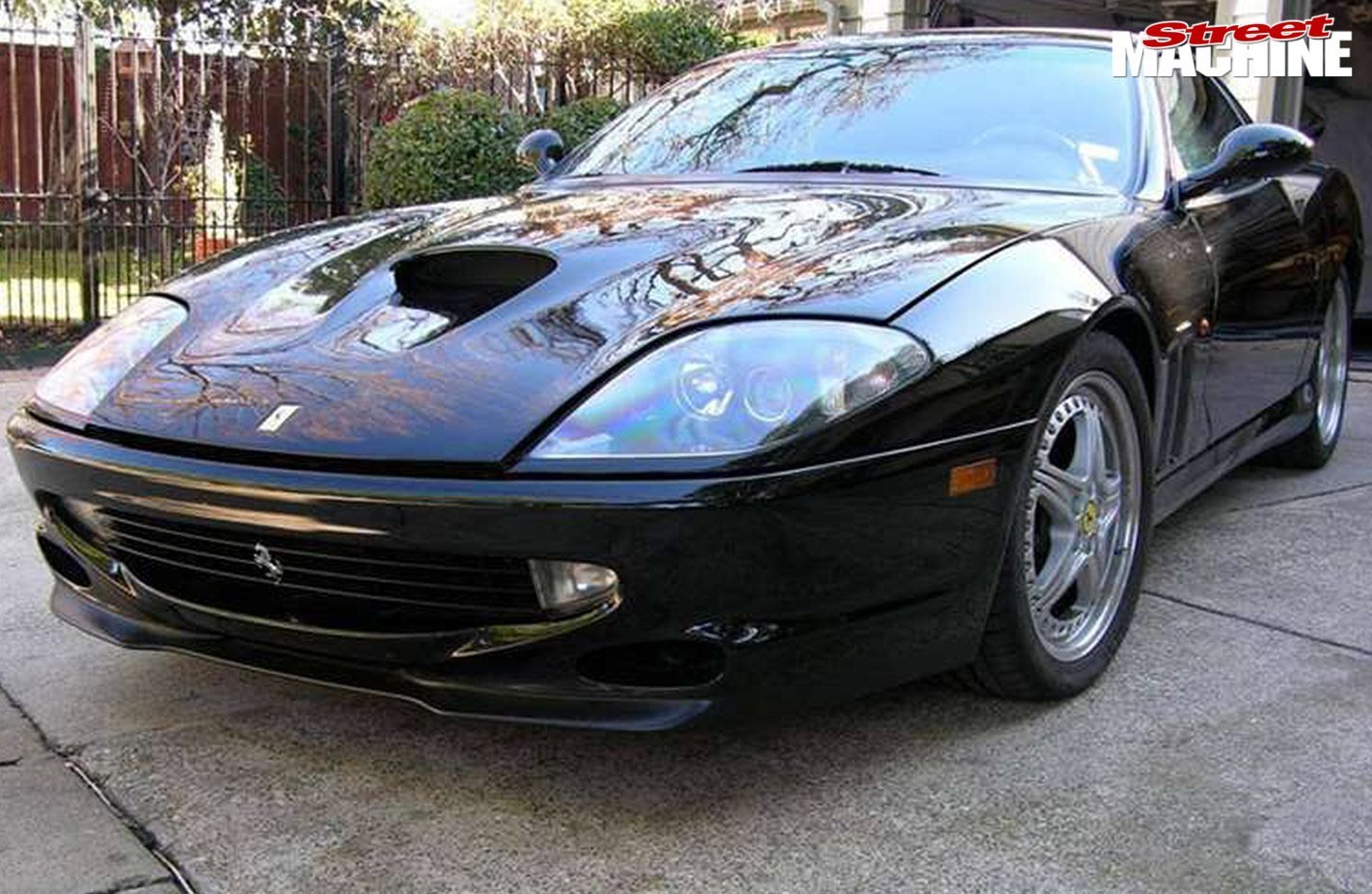
We’ve become used to the narrative that a squeeze on new-car supply has bumped up prices for used cars and we should be happy to pay through the nose as long as we end up with something, anything. But that is clearly not applying at the top end of town.
What’s more, the cars that are shifting aren’t the cheapest examples either. It seems that buyers are only willing to part with their money for vehicles with 24-carat service histories. Low mileage, locally-supplied, in the right colour. Preferably rare editions. Everybody knows that we’re operating in a pricing bubble at the moment and nobody wants to be the one left with a big liability when it goes pop.
Even if you’re not in the market for a V12 Ferrari, it’s well worth bearing that in mind when trying to source in-demand mainstream vehicles. Land Rover Defender 90 D250 S? You could pay $90K new or $135K used. Kia EV6 GT? $83K new or $103K with a few thousand kilometres on the clock.
Even Toyota RAV4 Hybrids are still commanding strong money. Instead of paying $45K for a new one, you could pay $55K for a three-year-old example showing 60,000 on the odometer. Yes, you’ll get your hands on these vehicles right away and there is a value inherent in that convenience, but it’s money you have to be mentally prepared to completely write off.
After all, when the supply situation normalises, as it surely will, then the premium you paid for the car in question disappears in an instant. Your vehicle is just another three-year-old used car that’s worth 60-70 percent of the original sticker price.
In other words, there are people buying used cars right now who are about to take an enormous bath. The RAV4 becomes a c.$32K vehicle, and you’re left wearing a 23 grand depreciation bill. That’s not something Aussie motorists are used to and it’ll come as a shock to many.
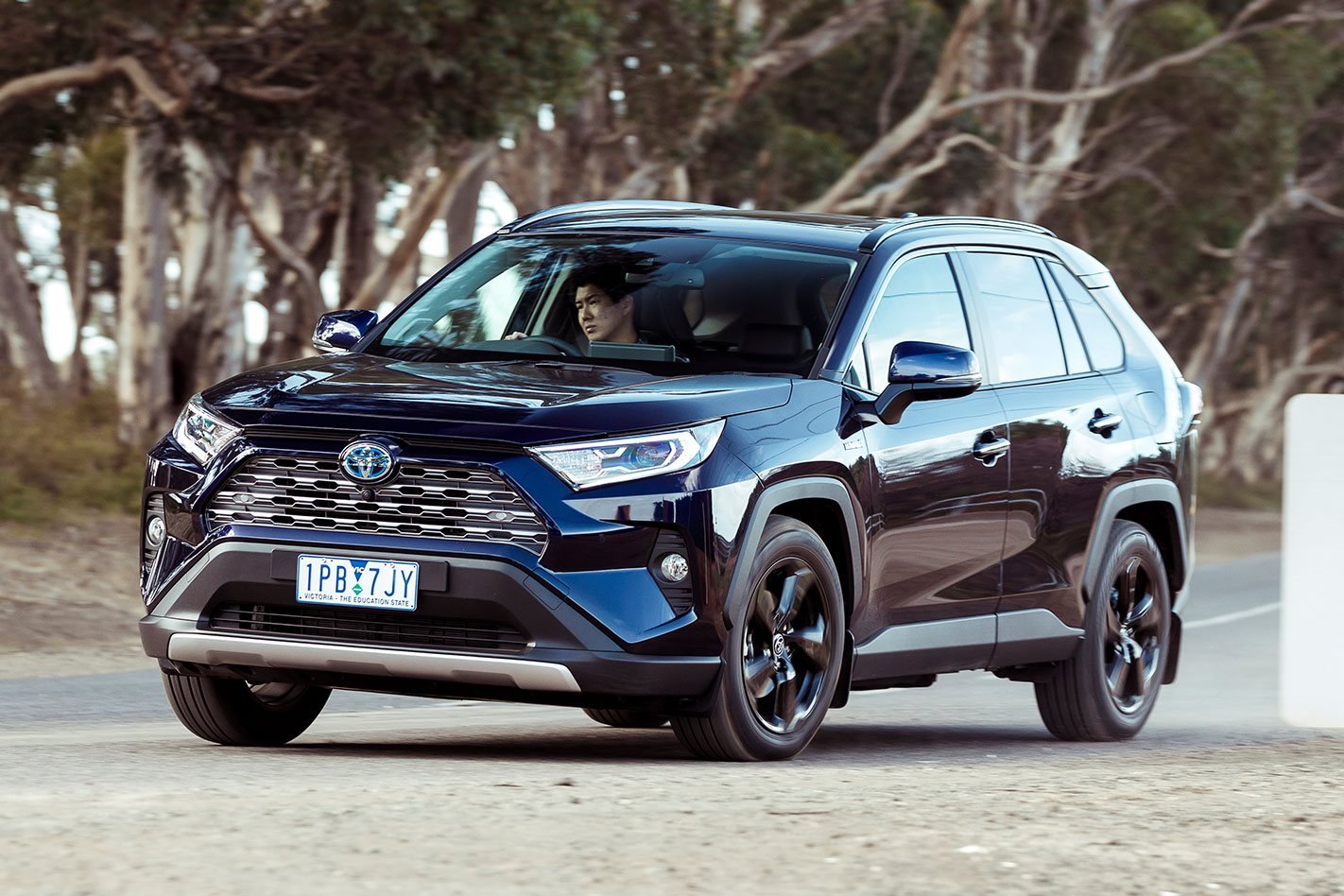
So how do you sidestep this sort of financial exposure? The smartest way is to buy off the lot when purchasing new. It means that you’ll probably have to compromise on exact colour, trim and spec choices but it means that you can drive away that day in a new car and if you time your purchase correctly, you may find a dealer who is motivated to make end of reporting period numbers and be open to negotiation.
Should you prefer to just order online instead, do yourself a favour and click on wheels.com.au and search for our New Car Delays piece for the latest info about how long you’ll have to wait.
Yes, car dealers can be optimistic in their assessments of waiting times, but there are vagaries in production which can mean that some very popular models are temporarily oversupplied. Identify these and you’ll likely avoid the dealer mark-ups or empty promises about delivery.
Meanwhile it’s back to scrolling through used Ferrari V12s and wondering how brave I’m feeling. Until next month…
We recommend
-
 Features
FeaturesOpinion: Used car markets are the harshest critics
Which new cars are trash and which are treasures? Look to the used-car market, urges MT
-
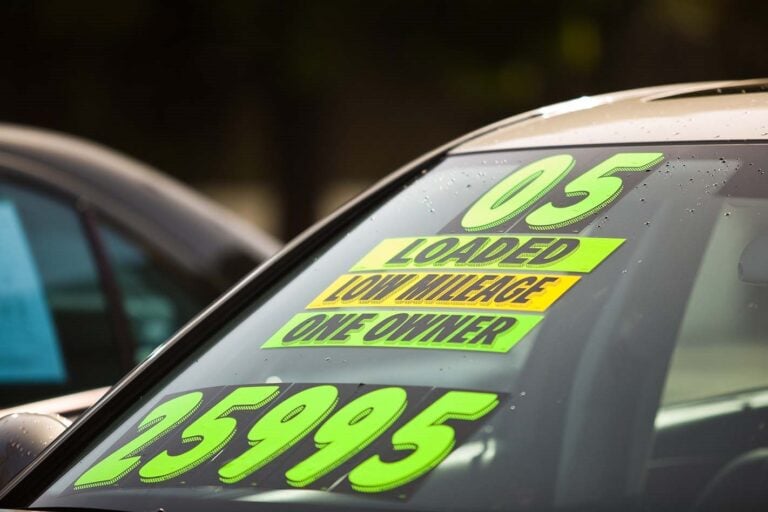 News
NewsPandemic purchasing sees record-high used car prices
Cash-strapped buyers seeking to upgrade their vehicles have caused a spike in good, low-km used cars
-
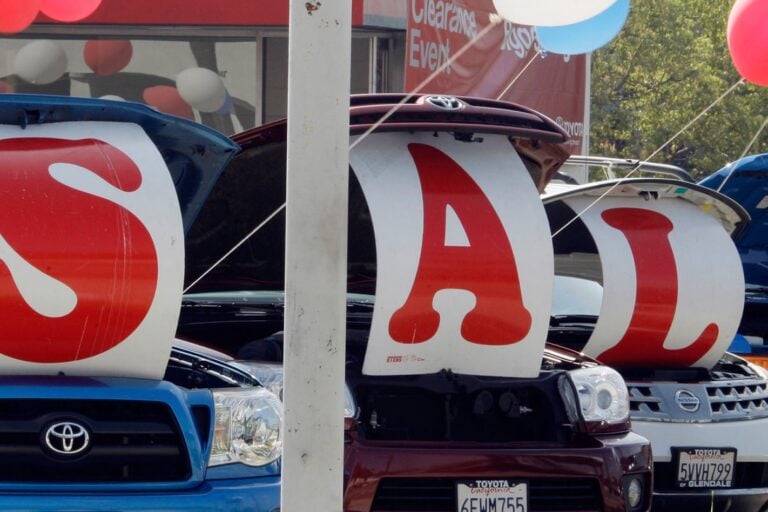 News
NewsInflation hits US used-car market as prices soar
Used car prices in the US have increased significantly over the past year, except for the expensive models


